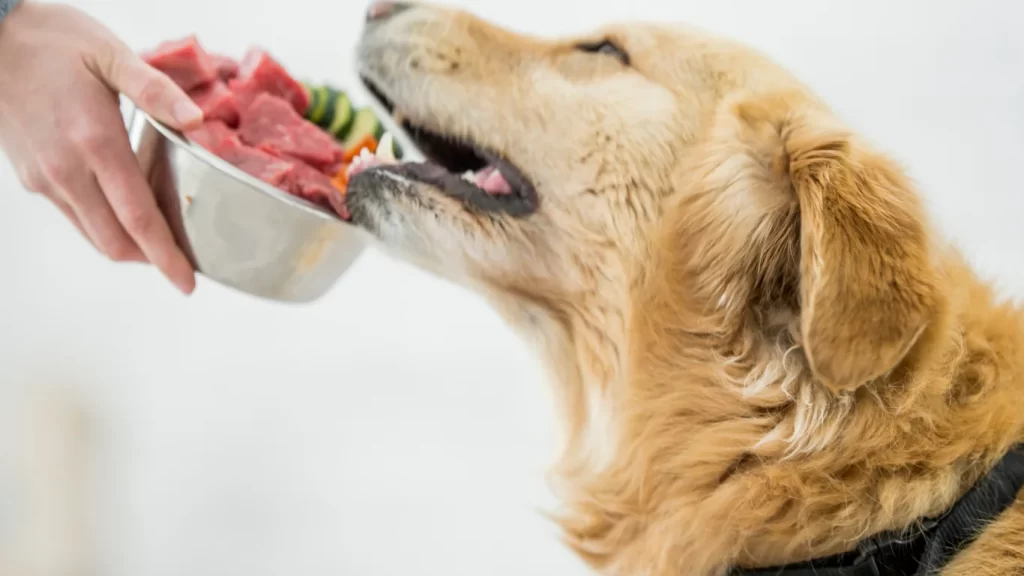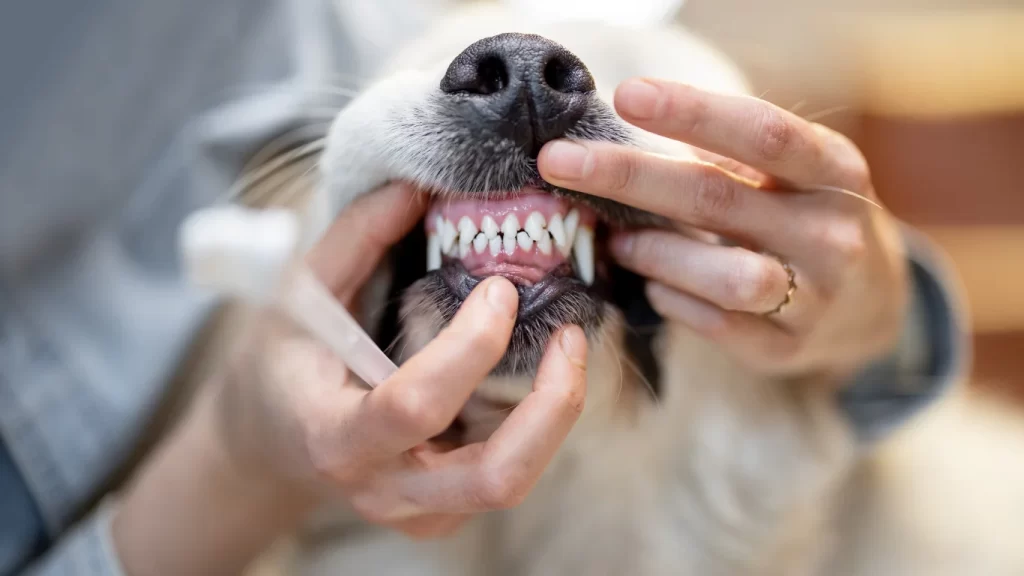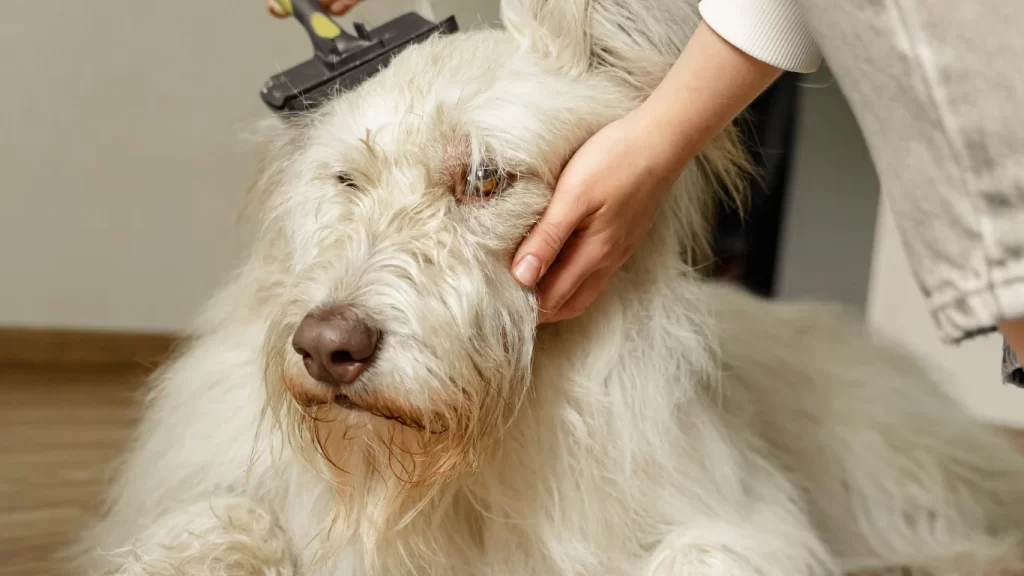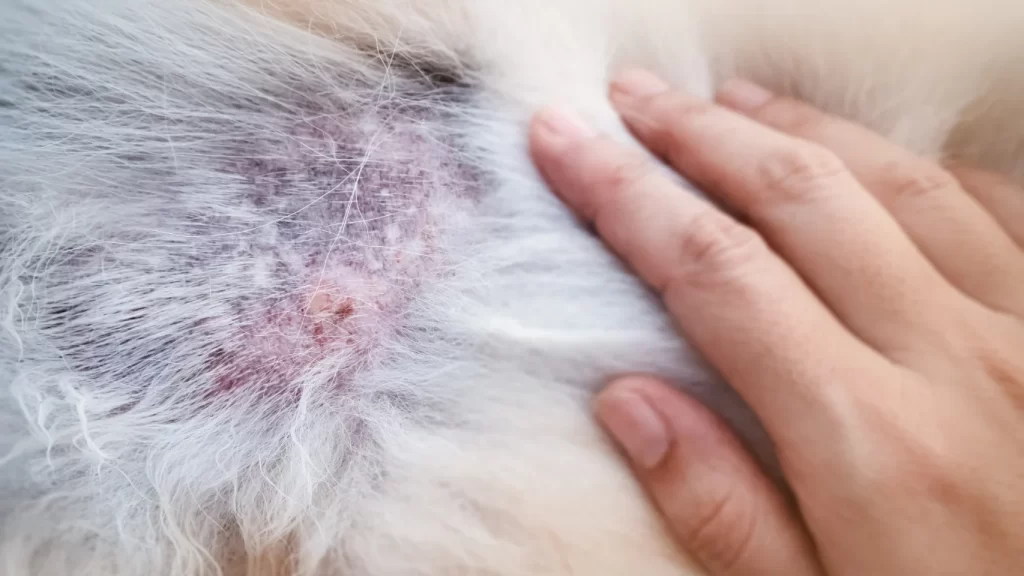As the seasons change, so too do the needs of our furry companions, making seasonal pet care an essential aspect of ensuring their year-round health and happiness. From the risks of pet safety in heat during the balmy summer months to the challenges of cold weather pet care as the temperatures drop, each season brings its unique set of considerations for pet owners. Recognising the importance of adapting care to suit these seasonal variations is key to preventing seasonal pet hazards and promoting optimal seasonal pet health.
Join us for seasonal pet care advices, covering essential areas such as balanced nutrition that adapts to seasonal needs, the importance of regular exercise and mental stimulation throughout the year, and the critical role of preventive healthcare in safeguarding pets against seasonal risks. Additionally, it steps into seasonal pet grooming and the significance of maintaining dental care for pets, alongside tailoring hygiene practices to address the changing environmental conditions. By prioritising these aspects of pet care, owners can ensure their pets enjoy a healthy, vibrant life all year round.
We have compiled 10 essential tips for year-round health:
1. Maintain a Balanced Diet for Your Pet

A balanced diet is needed for maintaining your pet’s health. According to the WSAVA (World Small Animal Veterinary Association), nutrition is considered the fifth vital sign in a physical examination. A suitable diet ensures a healthy body condition score (BCS), good energy levels, and overall wellness, which can impact quality of life and longevity.
2. Consult a Vet for Diet Recommendations
It’s essential to consult with veterinary professionals to tailor your pet’s diet to their specific needs. Veterinarians can provide valuable advice on choosing the right food based on your pet’s age, breed, lifestyle, and any health concerns. Regular checks of your pet’s BCS and muscle condition score (MCS) during veterinary visits help monitor their health and adjust their diet.
3. Choose High-Quality Pet Food Choices Over Cheap Alternatives
Choosing the right pet food is vital. High-quality pet foods come in various price ranges, and your veterinary team can help you find an option that fits your budget while maintaining your pet’s health. Whether it’s commercially produced or a specialised diet for conditions like renal disease, the quality of ingredients plays a crucial role.
4. Don’t Overfeeding and Avoid Human Food
Overfeeding pets can lead to obesity, which is affiliated with health risks like diabetes and heart disease. Human foods, often high in fats and calories, can also cause health risks and contribute to conditions like pancreatitis. It’s important to adhere to recommended portion sizes and be cautious with treats, ensuring they are accounted for within your pet’s diet plan to avoid excessive calorie intake.
5. Keep Your Pet Exercised and Mentaly Stimulatied

Regular physical activity is crucial for a pet’s overall health, helping to keep a healthy weight and improve cardiovascular health. Engaging pets in various forms of exercise such as walks, fetch, and agility training not only strengthens their muscles and bones but also significantly improves their mental well-being.
Physical activity supports not just physical fitness but also mental health, reducing stress and anxiety while improving mood and cognitive function. Regular exercise is essential, especially for puppies and senior pets, to support development and maintain mobility.
Different pets require tailored exercise routines based on their breed, age, and energy levels. From swimming and hiking to interactive games like tug-of-war, the activities should cater to the pet’s natural instincts and energy.
6. Use Toys and Other Techniques For Mental stimulation
Mental stimulation is as important to your pet as physical exercise. Puzzle toys, treat-dispensing devices, and training sessions keep pets mentally sharp and engaged. These activities help prevent boredom and encourage problem-solving skills.
7. Maintain a Routine and Weekly Training Sessions
Establishing a consistent routine with regular training sessions improves obedience, strengthens the pet-owner bond, and provides necessary mental stimulation. A structured schedule helps pets feel secure and understand what is expected of them, enhancing their overall behaviour and interaction with their environment.
8. Take Preventive Healthcare Measures

- Scheduling regular veterinary check-ups is crucial for maintaining your pet’s health. Annual or bi-annual visits allow veterinarians to detect and address potential health issues early. During these check-ups, pets are assessed for common conditions and preventive treatments like vaccinations are given to protect against diseases like rabies and distemper.
- The importance of vaccinations and preventive treatments cannot be overstated. Vaccines are vital in preventing serious diseases, and pets should follow a vaccination schedule that starts from around 6 to 8 weeks of age. Additionally, preventive treatments for fleas, ticks, and heartworm are essential, especially in areas where these parasites are prevalent.
- Common beneficial treatments include medications for fleas, ticks, and heartworm. It’s important to choose reliable treatments prescribed by your vet, as the effectiveness of over-the-counter products can vary. Regular treatments prevent infestations and the transmission of parasite-borne diseases.
- Spotting early signs of illness in pets is key to preventive healthcare. Signs like changes in appetite, lethargy, or unusual behaviour may indicate health issues. To help your pet, it’s important to notice any unusual signs and tell your vet about them. Early treatment and detection can make a big difference in the outcome.
9. Don’t Overlook Your Pet’s Oral Health

Taking care of your pet’s teeth is super important for their overall health. If you don’t, they could develop periodontal disease, which most pets get by the age of three. This can lead to pain, loss of teeth, and even pther serious health issues like problems with the heart, liver, and kidneys due to bacteria spreading from the mouth.
- Schedule Routine Dental Check-ups and Home Care
Regular veterinary check-ups and daily brushing form the cornerstone of good dental health. Veterinarians recommend yearly wellness exams that include dental assessments to catch issues early. For daily care, brushing your pet’s teeth with pet-specific toothpaste is the most effective way to prevent plaque and tartar build-up. Introducing dental routines early in life can help pets become accustomed to the process, making it less stressful for both pet and owner.
- Use Products for Pet Dental Care
A variety of tools and products can aid in maintaining your pet’s dental health. These include toothbrushes designed for pets, enzymatic toothpaste, and dental chews that have been proven to reduce plaque and tartar. Products bearing the Veterinary Oral Health Council Seal are recommended as they meet set standards for effectiveness. Additionally, water additives and dental wipes can complement brushing by targeting hard-to-reach areas and freshening breath.
- Consequences of Neglecting Dental Health
Failure to maintain dental hygiene in pets can lead to chronic pain and to serious health problems. Pets with poor oral health may exhibit less interest in play, changes in eating habits, and could develop serious conditions like infections that impact their quality of life. Advanced dental disease requires more intensive treatments, which can be costly and stressful for both the pet and the owner. Regular preventive care is not only more humane but also more cost-effective in the long run.
10. Maintain a Regular Grooming Schedule

Regular grooming is crucial for maintaining your pet’s health and happiness. It involves consistent brushing, which not only keeps the coat shiny and healthy but also prevents painful matting and skin issues. Regular baths using suitable shampoos can further enhance coat health and hygiene.
Establishing a routine is beneficial for both pet and owner. Start by selecting the right tools like brushes and combs that suit your pet’s coat type. Integrating activities such as nail clipping and ear cleaning into the routine can prevent discomfort and infections, making the grooming experience enjoyable.
- Check Your Pet Regularly For Skin Issues

During grooming sessions, check for signs of skin problems such as dryness, flakiness, or unusual redness. Early detection of issues like fleas, ticks, or allergic reactions allows for timely treatment, preventing more severe conditions.
- Ensuring Your Home Is Clean and Safe For Your Pet
Maintain a clean living space for your pet by regularly cleaning their bedding, toys, and eating areas. This minimizes the risk of infections and infestations, ensuring a healthier environment. Safe grooming practices and a hygienic home go hand in hand in supporting your pet’s well-being.
Winter Pet Care Tips

- Seasonal Pet Care Tip #1: Remember to keep your pets indoors when it’s cold. Some people think that cats and dogs can handle the cold because of their fur, but that’s not true. Just like us, they can get frostbite and hypothermia, so it’s best to keep them inside during cold weather.
- Seasonal Pet Care Tip #2: Don’t forget to regularly check your dog’s paws for any signs of cold-weather injury or damage, like cracked or bleeding paw pads. When you’re out for a walk, sudden limping could be from an injury or ice getting stuck between their toes. Trimming the hair between your dog’s toes can help prevent ice from building up.
- Seasonal Pet Care Tip #3: During winter, keep your home humidified and dry your pet as soon as they come inside. This helps prevent itchy, flaking skin caused by repeatedly going from the cold outdoors to a warm indoor environment. Pay close attention to your pet’s feet and in-between their toes. Remove any snowballs from between their foot pads to prevent and treat skin irritation.
- Seasonal Pet Care Tip #4: Dogs with long or thick fur can generally handle the cold better, but they can still be at risk in extreme cold. On the other hand, pets with short hair feel the cold more quickly because they have less insulation, and pets with short legs might get cold faster because their bellies and bodies are in contact with the snow.
- Seasonal Pet Care Tip #5: If your dog is frequently outdoors at winter, it might require more calories. Consult your vet in that case.
Summer Pet Care Tips

- Seasonal Pet Care Tip #6: Remember, never leave your pets alone in a parked car, even for a short time. Cars can quickly become very hot and can cause heatstroke or even death. If you need to go out, leave your pets at home where they will be safe.
- Seasonal Pet Care Tip #7: Heatstroke is a dangerous condition that needs immediate attention. Look out for signs like heavy panting, drooling, tiredness, fast heartbeat, throwing up, and collapsing. If you think your pet has heatstroke, take them to a cool place, apply cool (not cold) water to their body, and get emergency vet care.
- Seasonal Pet Care Tip #8: Help your pets stay cool by giving them frozen treats or toys. You can make your own frozen treats by filling pet toys or ice cube trays with water or pet-friendly broth. Always watch your pets while they enjoy these treats to prevent choking hazards.
- Seasonal Pet Care Tip #9: Don’t leave your pets alone near water. When you’re by a pool, lake, or beach with your pet, give them fresh water and don’t let them drink from the water. If your pets swim, introduce them to water slowly and make sure they wear floatation devices on boats. After swimming, rinse your dog to get rid of chlorine or salt from their fur.
- Seasonal Pet Care Tip #10: Feel free to trim your dog’s long hair, but don’t shave them. Their coat layers protect them from overheating and sunburn. If you have a cat, brushing them more often help can prevent problems caused by excessive heat. Also, make sure to use sunscreen or insect-repellent products labelled specifically for use on animals.
Seasonal Pet Care Summed Up
Throughout the year, the changing seasons present challenges and opportunities for maintaining and improving the health and happiness of our beloved pets. From the importance of a balanced diet and regular exercise to the critical roles of preventive healthcare, dental care, grooming, and maintaining a clean environment, this article has underscored the necessity of adapting pet care practices to suit each season’s unique demands. Providing our pets with the right nutrition, engaging them in physical and mental activities, ensuring regular vet visits, and maintaining oral hygiene are fundamental steps to prevent seasonal hazards and promote overall wellness.





